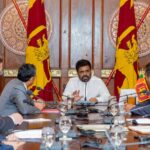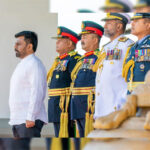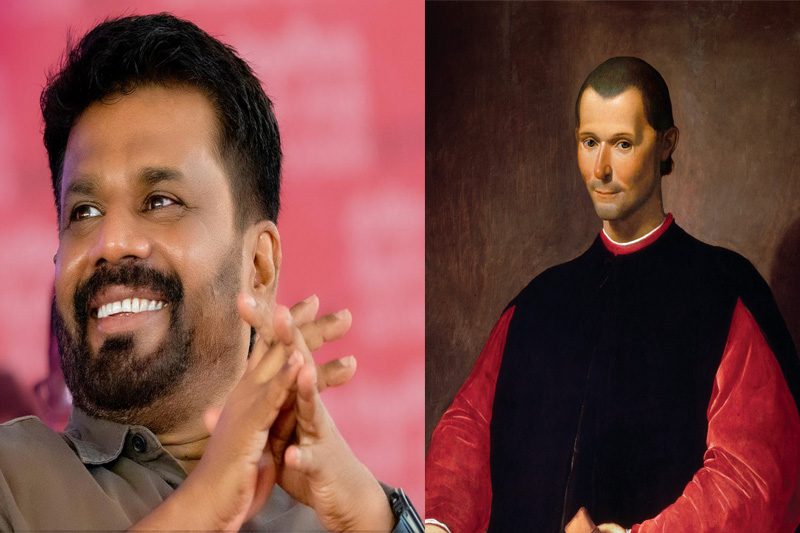
Wide Angle focuses on Sri Lanka’s Power Shift: Economic Challenges Ahead
- CNL Reporter
- November 24, 2024
- Weekly Political Review
- Sri Lanka's Power Shift: Economic Challenges Ahead
- 0 Comments
Weekly Political Review
New Government Reaches IMF Staff Agreement: Abides to Existing Conditions
By Rohana Jith
Sri Lanka is undergoing a historic transformation as power shifts from a traditional elite to ordinary citizens.
This change was marked by the November 14, 2024, general election, which saw the rise of the Janatha Vimukthi Peramuna (JVP) led by Anura Kumara Dissanayake.
This momentous win is seen by many as a validation of Niccolò Machiavelli’s idea that politics is a relentless struggle for power, where success comes to those who can effectively wield coercive power rather than relying on authority alone.
Machiavellian Influence and Dissanayake’s Challenges
Machiavelli, the 15th-century Italian Renaissance political philosopher, argued that politics revolves around the effective use of power and that leaders who prioritize power over authority are more likely to succeed.
Whether Dissanayake will align with Machiavelli’s vision remains to be seen, particularly as his administration must navigate the complex economic legacy left by his predecessors.
A critical component of this challenge involves adhering to the terms set by the International Monetary Fund (IMF) and implementing the bilateral “vision document” established with India by the previous regime.
India-Sri Lanka Cooperation and Economic Legacy
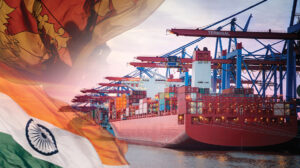
Dissanayake’s predecessor, former President Ranil Wickremesinghe, played a key role in shaping Sri Lanka’s recent economic strategy.
In July 2023, Wickremesinghe signed a significant “vision document” with Indian Prime Minister Narendra Modi, outlining future cooperation between India and Sri Lanka.
The document focused on strengthening maritime, energy, and trade partnerships, as well as enhancing tourism, education, and skill development.
Sri Lanka’s fragile economic state, exacerbated by the 2022 financial crisis and sovereign debt default, forced the country into a period of severe financial instability.
With over $51 billion in foreign loans, the nation sought international assistance, with India stepping in to provide $4 billion in aid to stabilize the economy.
Economic Realities Confronting the New Government
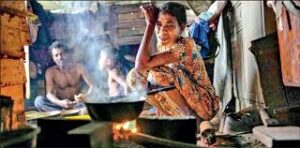
Following his electoral victory, President Dissanayake addressed the nation, outlining his National People’s Power (NPP) government’s priorities.
A central theme of his address was the economic challenges ahead, particularly the obligations tied to agreements with the IMF. Despite their previous opposition to these terms, the NPP found itself bound by commitments made by prior administrations.
Dissanayake candidly admitted that the debt restructuring process was already too advanced to renegotiate without risking further economic instability.
IMF Agreement and Future Financial Strategy
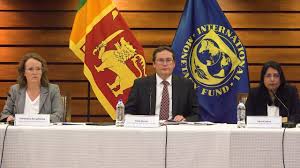
The IMF agreement is a critical factor for Sri Lanka’s economic recovery. Dissanayake’s administration reached a staff-level agreement with the IMF, which is expected to be finalized by the end of 2024.
Senior IMF officials emphasized that completing commercial debt restructuring and finalizing bilateral agreements are necessary steps for securing financial stability. The success of these negotiations will hinge on Sri Lanka’s ability to align its 2025 budget with IMF requirements.
The IMF’s involvement means that Sri Lanka must balance economic reforms with political priorities. Adjustments like increasing income tax thresholds, reducing VAT on basic food items, and enhancing subsidies are under consideration to mitigate the impact of rising living costs.
However, maintaining fiscal discipline and adhering to the revenue targets set by the IMF remain essential.
Policy Dilemmas and Shifting Perspectives
Before coming to power, the NPP had a critical stance on IMF-led reforms. In their manifesto, “A Thriving Nation – A Beautiful Life,” the NPP expressed concerns over IMF conditions, particularly regarding their impact on impoverished citizens.
They advocated for renegotiating the terms to create a more favorable economic environment for Sri Lanka’s lower-income population. Key points in their manifesto included:
Renegotiating with the IMF to develop a more socially equitable and strengthened program.
Proposing new tax administration and expenditure management strategies.
Conducting a debt audit to ensure accountability in public financial management.
Pursuing debt restructuring while maintaining transparency.
These promises now face the reality of a pre-established economic framework that limits the new government’s maneuverability. The NPP’s initial platform, focused on social justice and economic fairness, is being tested by the pressing need to stabilize the economy through existing agreements.
Economic Crisis and Recovery Path
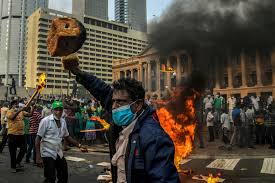
Sri Lanka’s current economic crisis is rooted in the mismanagement of previous governments, particularly under former President Gotabaya Rajapaksa, whose policies led to severe financial instability. Rajapaksa’s resignation in the face of a collapsing economy left his successor, Wickremesinghe, to manage the fallout, including initiating the IMF negotiations. Now, the baton has passed to Dissanayake, whose administration inherits both the economic constraints and the hope for a turnaround.
The challenges ahead are formidable: restructuring debt, boosting revenues, managing inflation, and sustaining public welfare—all while meeting the expectations of a population that voted for change. The delicate balancing act involves adhering to IMF guidelines while trying to fulfill the social promises that brought the NPP to power.
Future Outlook: Between Reform and Social Justice
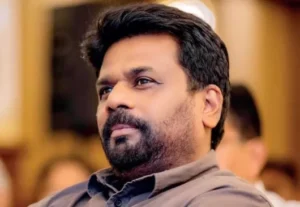
Dissanayake’s government faces a pivotal moment. The NPP’s ambition to create a more just and equitable society is challenged by the economic realities of post-crisis Sri Lanka. Aligning with the IMF’s fiscal goals, while still advocating for social welfare, requires navigating a tightrope of policy reform. The upcoming 2025 budget will be a crucial indicator of how the NPP plans to reconcile these competing priorities.
As the new administration works to stabilize the economy, it must also ensure transparency in public financial management and hold accountable those responsible for past financial missteps. The success of these efforts will determine whether Dissanayake’s leadership will truly represent a Machiavellian power shift that benefits the people of Sri Lanka—or if it will simply continue the cycle of economic challenges faced by previous governments.
The December visit to India by President Dissanayake will be a key moment in solidifying Sri Lanka’s regional partnerships and reaffirming its commitments under the vision document. The outcome of these diplomatic and economic efforts will shape the country’s trajectory in the coming years, as it seeks to recover from a period of unprecedented financial turmoil.
In another bewildering move, Sri Lanka will combine existing agencies and set up a Tourism Commission for the sector, the Indian Ocean island’s Foreign and Tourism Minister said.
“We plan to combine the agencies within the Tourism Ministry and appoint a Commission,” Minister Herath told reporters in Kandy.“Through a merger of agencies we target to revive the sector.”
Unlike other export sectors, which takes time to revive, tourism is an area where quick wins can be scored, he said.The National People’s Power had a plan for the sector he said. Work will begin next year.
